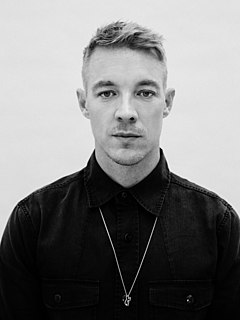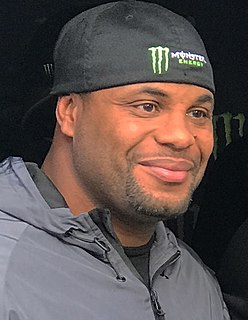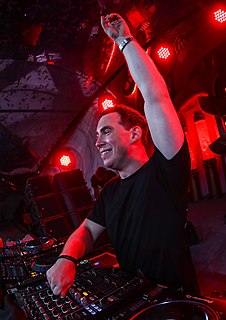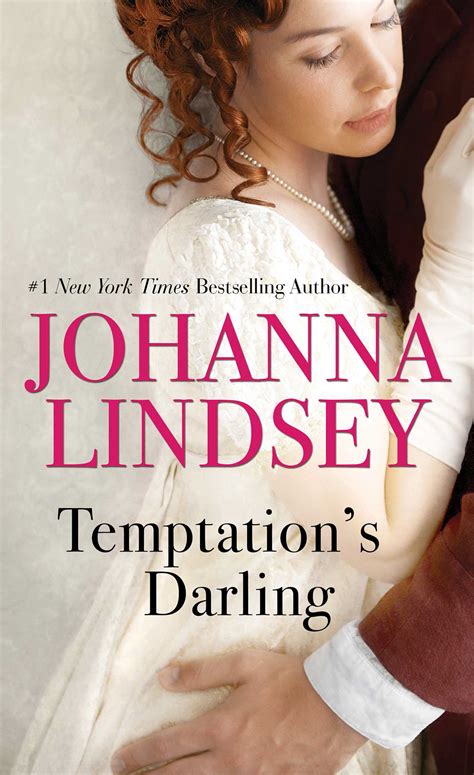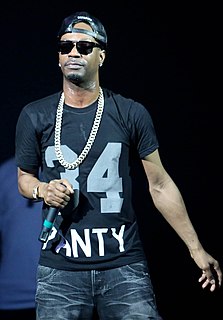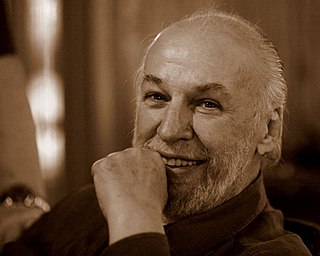A Quote by David Hepworth
I once interviewed Anthony Burgess on the radio. I played pop records between the conversation.
Related Quotes
Since the beginning of my recording career in 1975, I have had a little difficulty because the pop stations think I'm a jazzer who doesn't have a feeling for pop, so it's hard to get my records played. Similarly, black urban radio doesn't understand that with my R&B roots, I am more than a jazz singer. So I get pigeonholed.
Early on, before rock 'n' roll, I listened to big band music - anything that came over the radio - and music played by bands in hotels that our parents could dance to. We had a big radio that looked like a jukebox, with a record player on the top. The radio/record player played 78rpm records. When we moved to that house, there was a record on there, with a red label. It was Bill Monroe, or maybe it was the Stanley Brothers. I'd never heard anything like that before. Ever. And it moved me away from all the conventional music that I was hearing.
Anthony: Now lower your dress a little- Roslynn: Anthony! Anthony: This is no time for offended modesty... You're the distraction. Roslynn: Och, well, in that case. Anthony: That's quite low enough, my dear... Roslynn: I was only trying to help, Anthony: Commendable, but we want the chap to ogle you, not bust his breeches.
Listen- my relationship with radio on a personal level is nothing but a one way love-a-thon... I love radio, I grew up on radio. That's where I heard Buddy Holly, that's where I heard Chuck Berry. I couldn't believe it the first time I heard one of my records on the radio, and I STILL love hearing anything I'm involved with on radio, and some of my best friends were from radio. But we were on different sides of that argument, there's no question about that.
In the mid-'60s, AM radio, pop radio, was just this incredible thing that played all kinds of music... You could hear Frank Sinatra right into the Yardbirds. The Beatles into Dean Martin. It was this amazing thing, and I miss it, in a way, because music has become so compartmentalized now, but in those days, it was all right in one spot.




